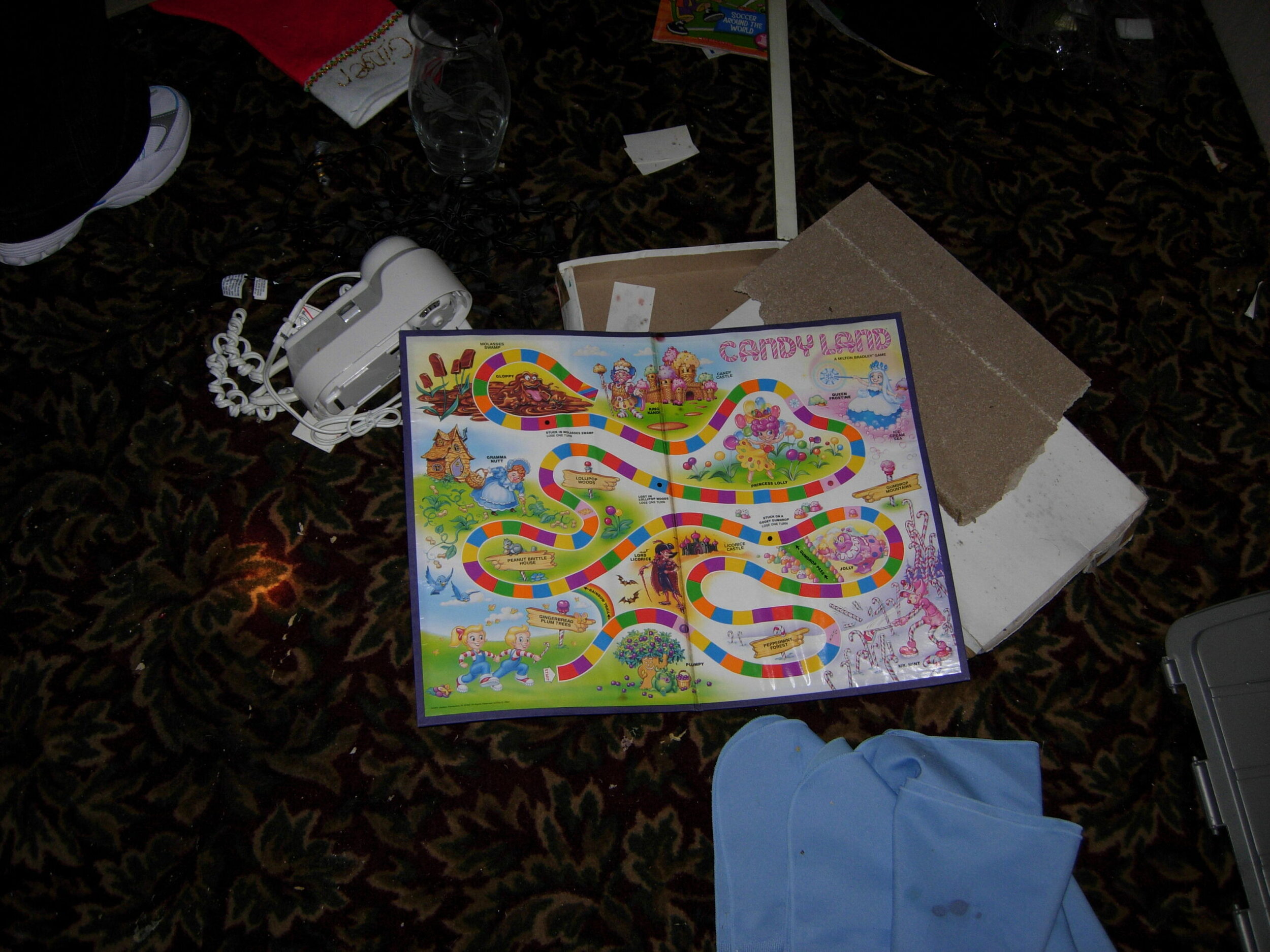Problem Players: The Denialist

Years ago The New Yorker published a cartoon wherein two well-dressed dogs sipping martinis in an upscale lounge remark, "It's not enough that we win. The cats must also lose." In any game where winning is possible for someone, loss is possible for someone else. But there is a particular class of player who takes the balance of winning and losing to the extreme. For him, it is not enough to win. And when he can't win, someone else must lose. He is the Denialist, and he's ruined the gaming experience for players of Risk, Twilight Imperium, Diplomacy, and more.
What is a Denialist? He's the player that makes it his goal to deny victory to another player. If he can't win, he'll do his damnedest to take someone down with him. The pattern is simple. After the halfway point of a game, the Denialist will assess the field of play and decide that victory is impossible (this may be true do to the vagaries of skill, strategy, and chance, or the delusion of a fatalistic play style). Seeing no way towards the victory condition, the Denialist sets his sites on another player. The Denialist then makes it his goal to risk everything to ensure that his target cannot meet the victory condition and win the game. And since the Denialist has already decided that he cannot win, he's not risking anything to begin with.
Who is the Denialist's target? In the Denialist's mind, his target is the obvious winner. This could be the player closest to meeting the victory condition, the player with the most experience in the game, or the player who has achieved the most victories in the past.
Once the Denialist has a target, the direction of the game shifts. The "obvious winner" becomes locked in a war of attrition with the Denialist. For the "obvious winner," the thrill of the game drains away, replaced with frustration as a single unsportsmanlike player harasses him to the full extent of the rules. When the game is over, and the "obvious winner" hasn't won, the Denialist looks over the board in smug satisfaction; confident in the notion that to deny victory to another is victory of another kind.
Like all problem players, the Denialist breeds frustration. Every other player plays in dread of that moment when the Denialist picks his target and spends the remainder of the game spoiling someone else's fun. That is the key problem. Without the possibility of victory and defeat, the game loses its thrill. A game you cannot win is as boring and un-fun as a game you always win. The Denialist, by abandoning his own victory to ensure to defeat of another, replaces the possibility of victory with the assurance of defeat, sabotaging the enjoyment of his target.
How does one deal with the Denialist? The obvious answer is to stop inviting him to the gaming table. However, depending on the Denialist's level of involvement with other players, this can breed resentment and ruin friendships. The more sensible option is, before the game, to have several players (not just an "obvious winner") explain to the Denialist that his unsporting activities go against the spirit of the game and are spoiling other people’s fun. Herein lies the ultimatum. An un-fun game will loose players. If the Denialist doesn't correct his behavior or leave the table, someone else will, and you can't play when there's no one left to play with.



